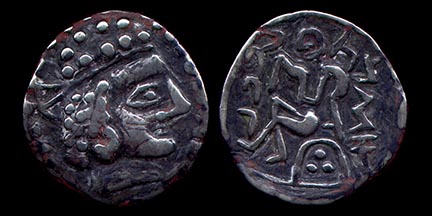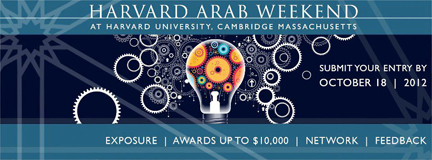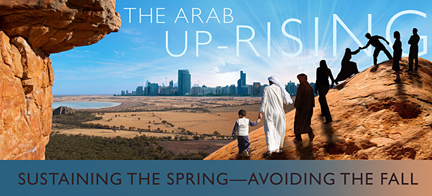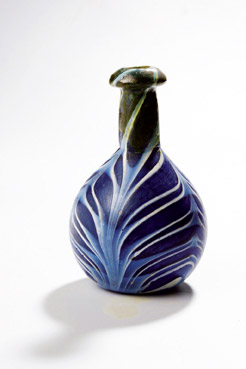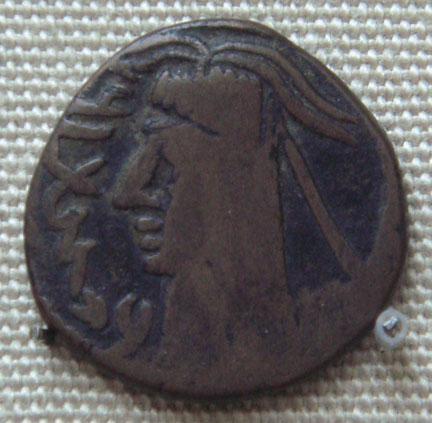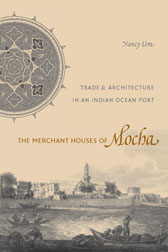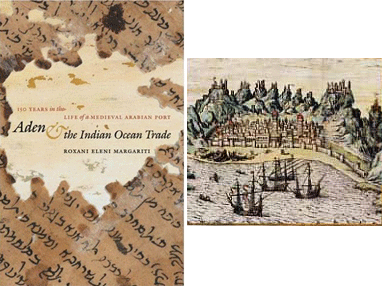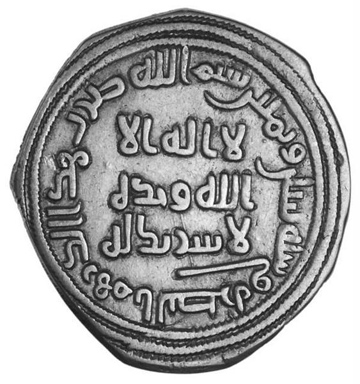
Dirham of the Umayyad caliph Abd al-Malik (685-705), minted 699-741
The American Numismatic Society presents a Lecture
The Wrapped Coin: The Ritual of Coin Giving in the Early and Middle Islamic Period
by Stefan Heidemann
Wednesday 7 March 2012
5:30pm Reception
6:00pm Lecture*
The talk will focus on the cultural context of these coins and the custom of using coins, in many cases special issues, as presentation pieces.
Stefan Heidemann is curator of Islamic Art at the Metropolitan Museum of Art and visiting professor at the Bard Graduate Center / New York. He studied history, art history and economics in Berlin, Damascus, and Cairo; Ph.D. Free University Berlin 1993; ’93 alumnus of the ANS Graduate Seminar. He became assistant and associate professor at Jena University 1994 to 2010, visiting professorships at Leipzig University 2001-2003. Fellowships include German Research Foundation; Harvard’s Center of Byzantine Studies at Dumbarton Oaks, Washington; Institute of Advanced Studies, Jerusalem, Aga-Khan Program of Islamic Architecture at MIT; Fitzwilliam Museum, Cambridge, UK; and others. Samir-Shamma-Prize of the Royal Numismatic Society for Islamic Numismatics 2005. Cooperation with German, British, French, and Syrian archeological missions, in al-Raqqa, Damascus, Aleppo, Masyaf and other sites. Between 2009 and 2009 he taught at The Bard Graduat Center in New York Islamic Art and Material Culture, and served as Associate Curator at The Metropolitan Museum of Art 2010-2011. Publications include Das Aleppiner Kalifat (1994); Die Renaissance der Städte (2002); Raqqa II: Die islamische Stadt (ed. and author) (2003); He edited one Sylloge of Islamic Coins of the Oriental Coin Cabinet at Collection of Jena University and of The Israel Museum, Jerusalem.
Preceding the lecture
A special ceremony will be held for the donation of a rare and unusual Umayyad silver dirham to the ANS cabinet from long-time ANS Member, Hon. Robert H. Pelletreau Jr. The Hon. Pelletreau will present the coin in honor of Dr. Michael L. Bates, ANS Curator Emeritus of Islamic Coins, in recognition of his many valuable contributions to the field of Islamic numismatics. Dr. Bates will speak briefly about the historical context of the coin and its attribution.
Among his 35 years in Foreign Service, the Hon. Robert H. Pelletreau served as Assistant Secretary of State for Near Eastern Affairs from February 1994 to January 1997. Prior to that he served as U.S. Ambassador to Egypt (1991-1993), to Tunisia (1987-1991) and to Bahrain (1979-1980).
NOTE: rsvp required to membership@numismatics.org (212) 571-4470 ext 117 government issued photographic i.d. required for entry
